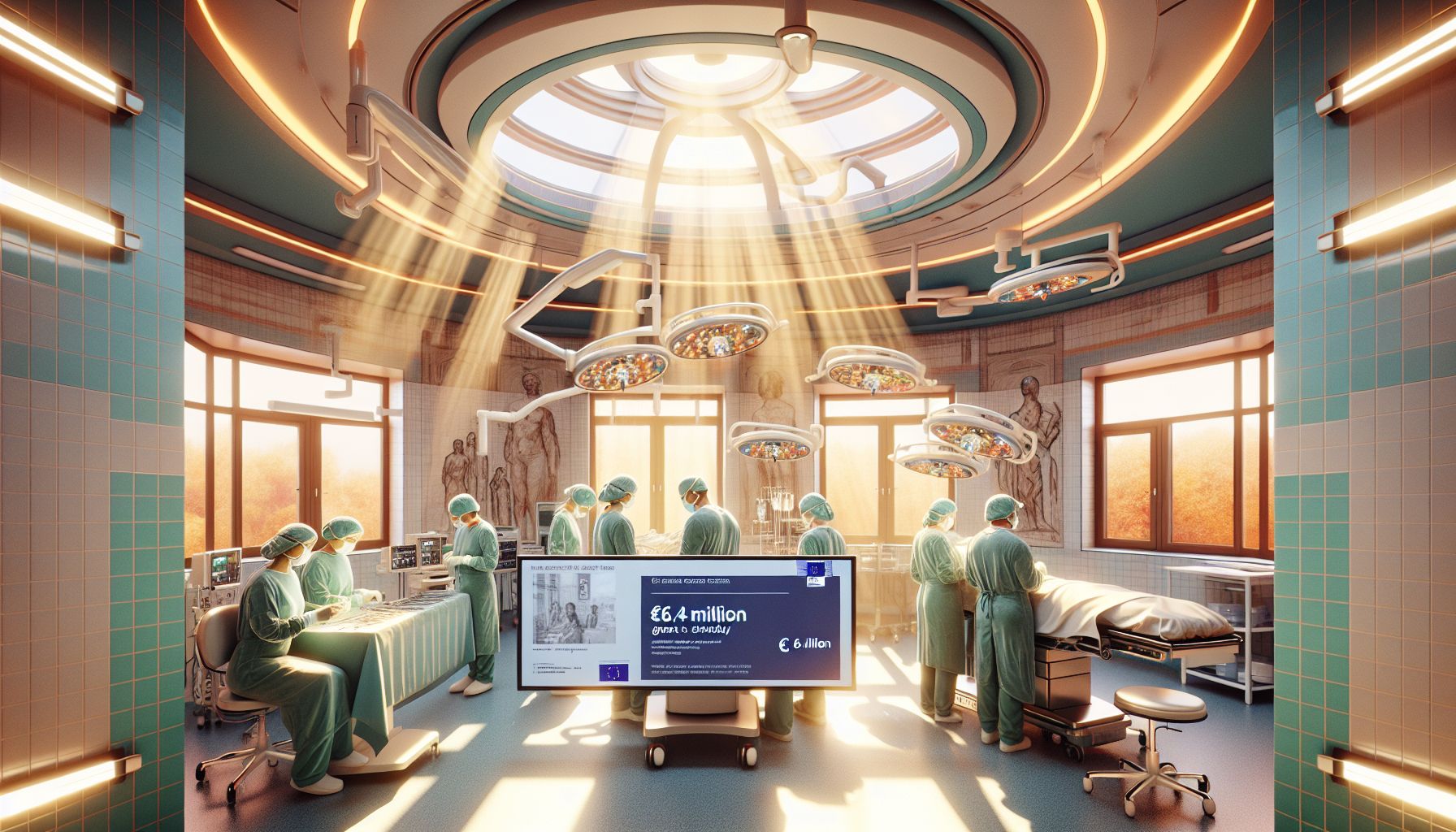EU Funds €6.4M Study to Tackle Operating Room Stress

Amsterdam, Monday, 26 August 2024.
Amsterdam UMC’s Professor Marlies Schijven secures €6.4 million from the EU to research stress reduction techniques for operating room staff. The study aims to address severe labor shortages in the medical field by identifying and mitigating stressors in surgical environments.
Introduction to the Innovation
This initiative falls under the healthtech sector, focusing on the intersection of healthcare and technology to improve working conditions for medical professionals. The research, spearheaded by Professor Marlies Schijven of Amsterdam UMC, aims to significantly reduce stress levels among operating room staff, thereby addressing the critical issue of labor shortages in the medical field.
Understanding the Stressors
The study will identify specific stressors that operating room staff face, such as unpredictable schedules, lengthy surgeries, and the deteriorating condition of patients during procedures. Recognizing these stressors is the first step toward developing effective solutions to mitigate them.
Technological Interventions
One of the promising technological solutions being developed is a digital operating room manager. This device, designed by Professor John van den Dobbelsteen from TU Delft, uses AI and camera systems to predict the duration of surgeries, helping manage schedules more effectively and reduce uncertainties for the staff[1].
Benefits of Stress Reduction
Reducing stress in operating rooms has multiple benefits. It not only improves the well-being and job satisfaction of medical staff but also enhances patient care quality. Lower stress levels can lead to fewer errors during surgeries and more efficient operations, ultimately benefiting the entire healthcare system.
Professor Marlies Schijven’s Vision
Professor Marlies Schijven has emphasized the importance of this research based on her personal experiences. She once wore a T-shirt that monitored her stress levels and discovered her heart rate was significantly elevated, even when she felt calm[2]. This eye-opening experience inspired her to pursue this study to create a less stressful working environment for her colleagues.
Future Prospects
The €6.4 million grant from the European Union will enable Amsterdam UMC to develop and test various stress-reduction techniques over the coming years. If successful, these innovations could be implemented across Europe, setting a new standard for operating room environments and potentially alleviating the broader issue of labor shortages in the medical field.

